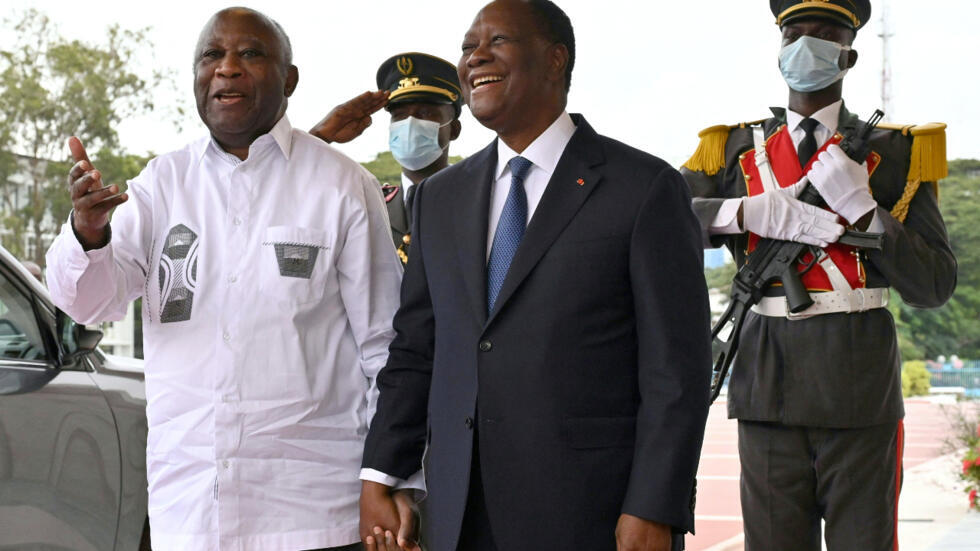Ivory Coast president Alassane Ouattara joins IMF board, boosting Sub-Saharan Africa’s representation

Ivory Coast President Alassane Ouattara has secured the newly created third seat for sub-Saharan Africa on the International Monetary Fund’s (IMF) Executive Board, a move aimed at amplifying the region’s voice in the global financial institution’s decision-making processes.
The addition of this position expands the IMF Executive Board to 25 members, overseeing the day-to-day operations of the fund.
IMF Managing Director Kristalina Georgieva welcomed the appointment, remarking in a statement, “The addition of a third African director to our Executive Board reflects the continent’s substantial progress in developing its human and economic potential.”
The decision to formalize the new role for sub-Saharan Africa came after a recent election, marking the first expansion of the IMF’s board since 1992, when two seats were added for the former Soviet Union states following the dissolution of the Soviet bloc.
The 54 African nations, comprising the largest single regional bloc within the IMF’s 191-member organization, represent 18% of the world’s population but hold only 6.5% of IMF voting rights.
Sub-Saharan Africa’s vote share accounts for roughly half of this percentage.
The addition of a new seat for the region was initially announced in Marrakech, Morocco, a year ago, though critics argue that it falls short of addressing the region’s pressing needs, particularly as it confronts a debt crisis.
Many sub-Saharan African nations are grappling with rising debt burdens and have increasingly looked to the IMF for financial assistance.
Countries like Zambia and Ghana have restructured their debts, while others, such as Kenya, have turned to the IMF for liquidity support amid high interest repayments.
In recent years, the IMF has played an instrumental role in helping manage the economic challenges facing sub-Saharan Africa.
This new position on the board could allow the region to advocate more effectively for its interests, particularly as the global economic landscape grows more complex.
About The Author
dailymailafric
I am an avid African news observer, and an active member of Daily Mail Africa.
I’m Passionate about staying informed on diverse topics across the continent,
I actively contribute to publishing on political, economic and cultural developments in Africa.



